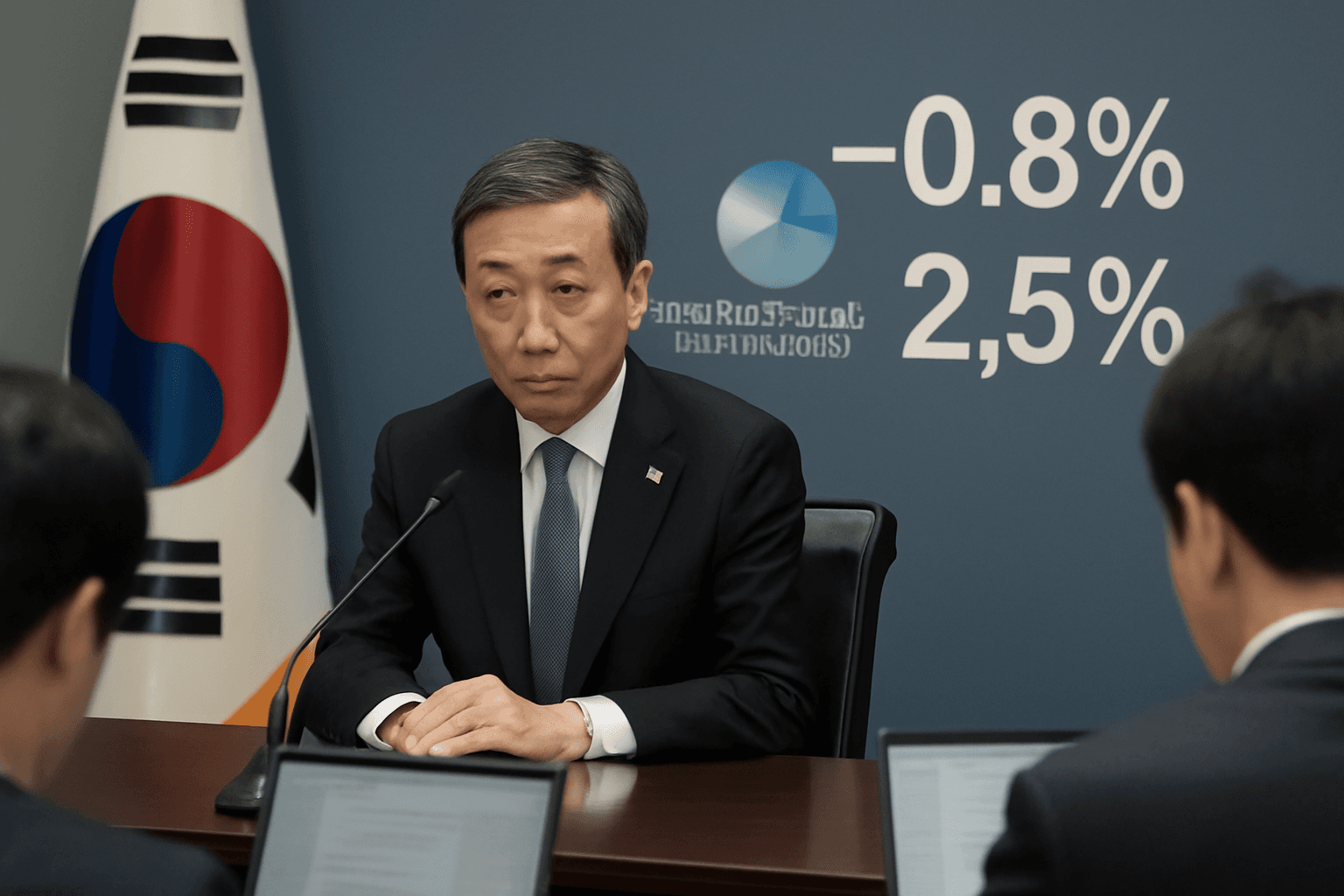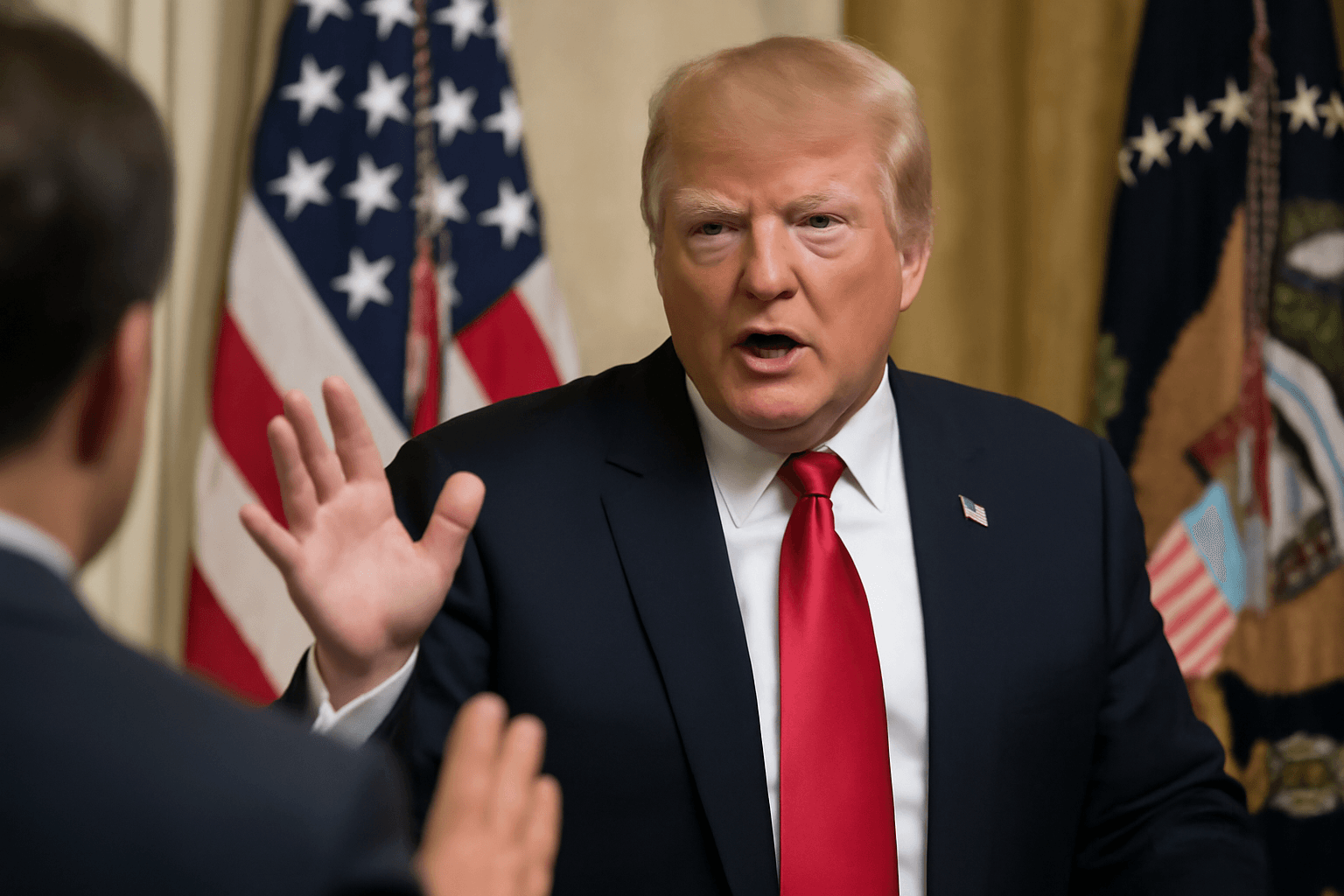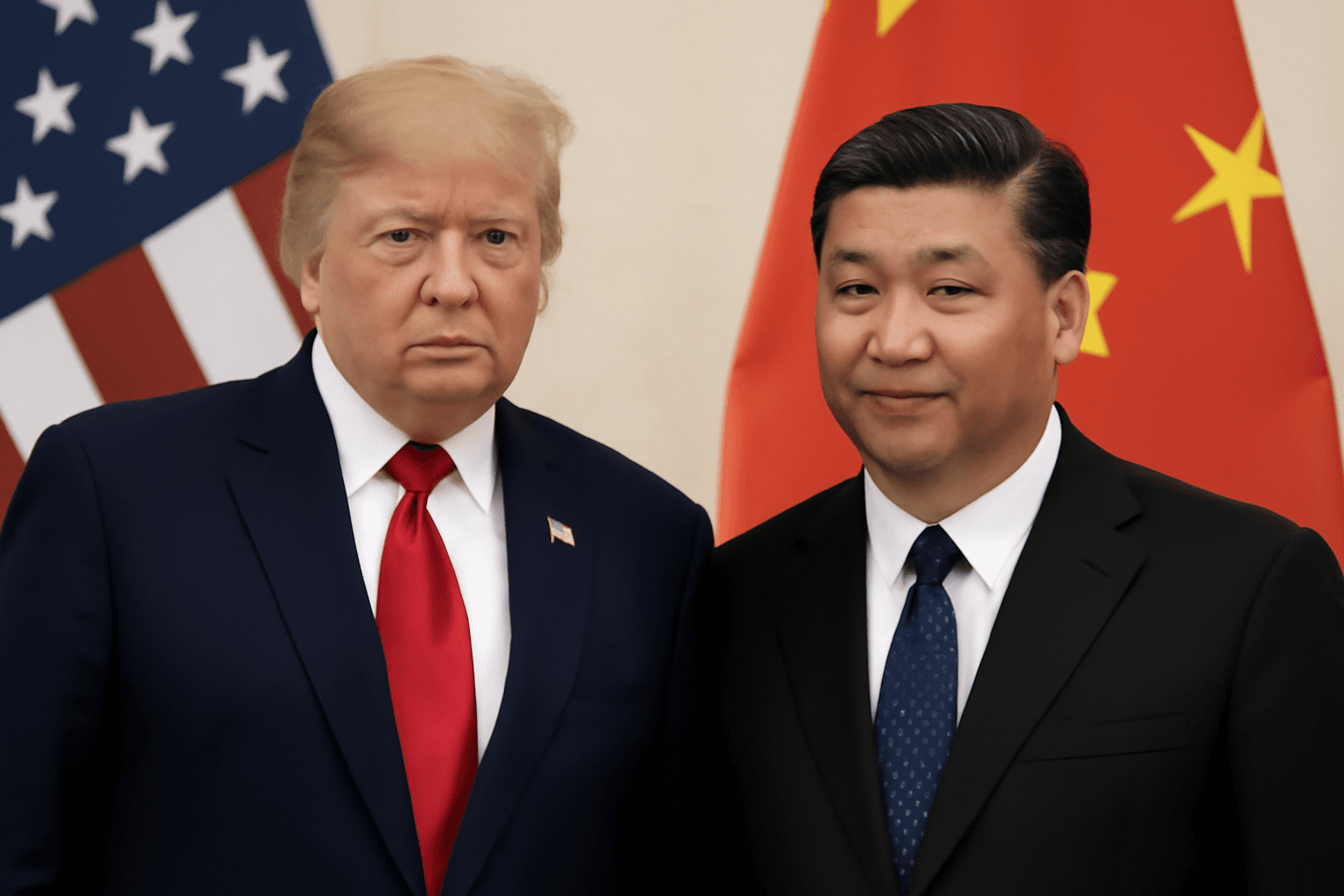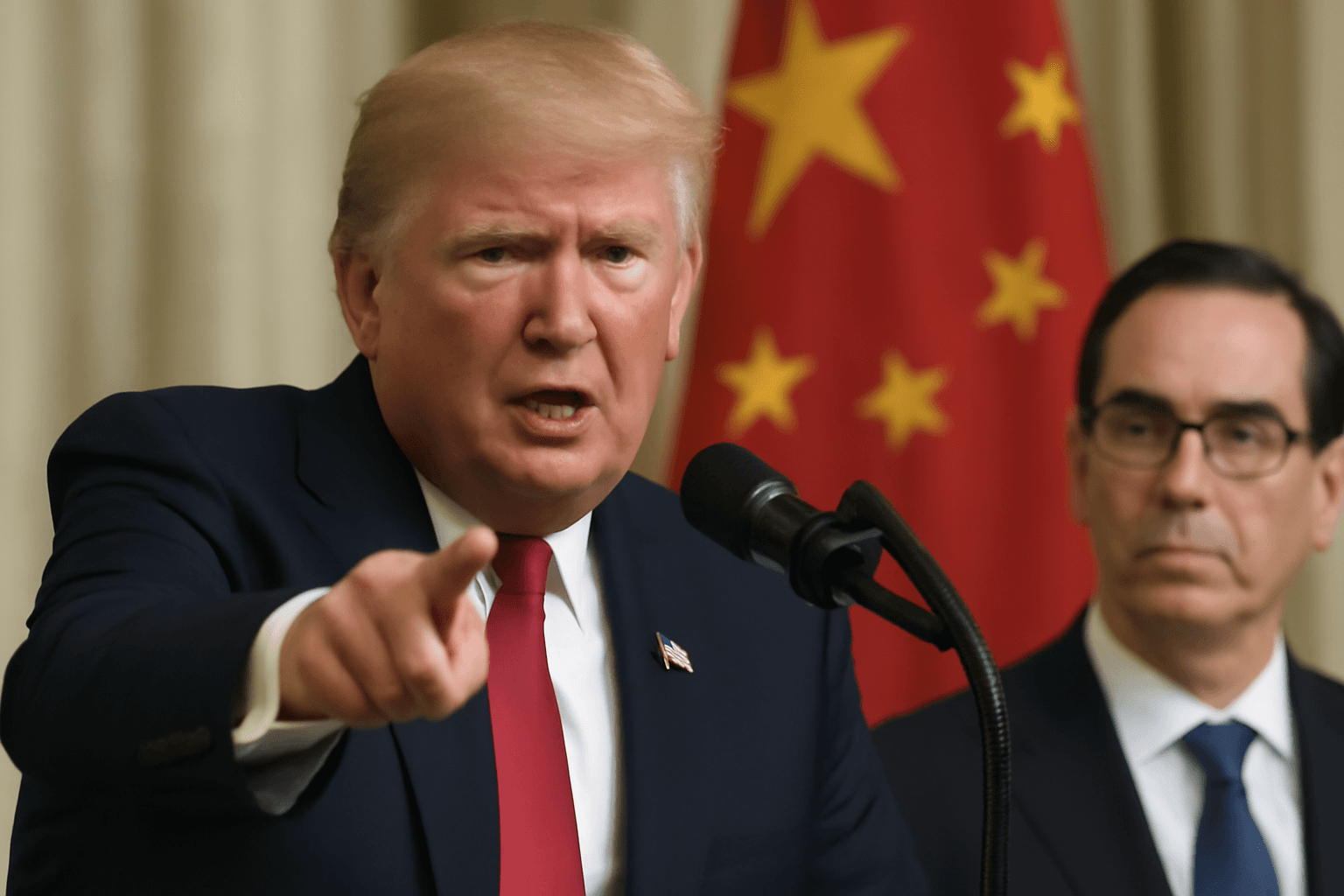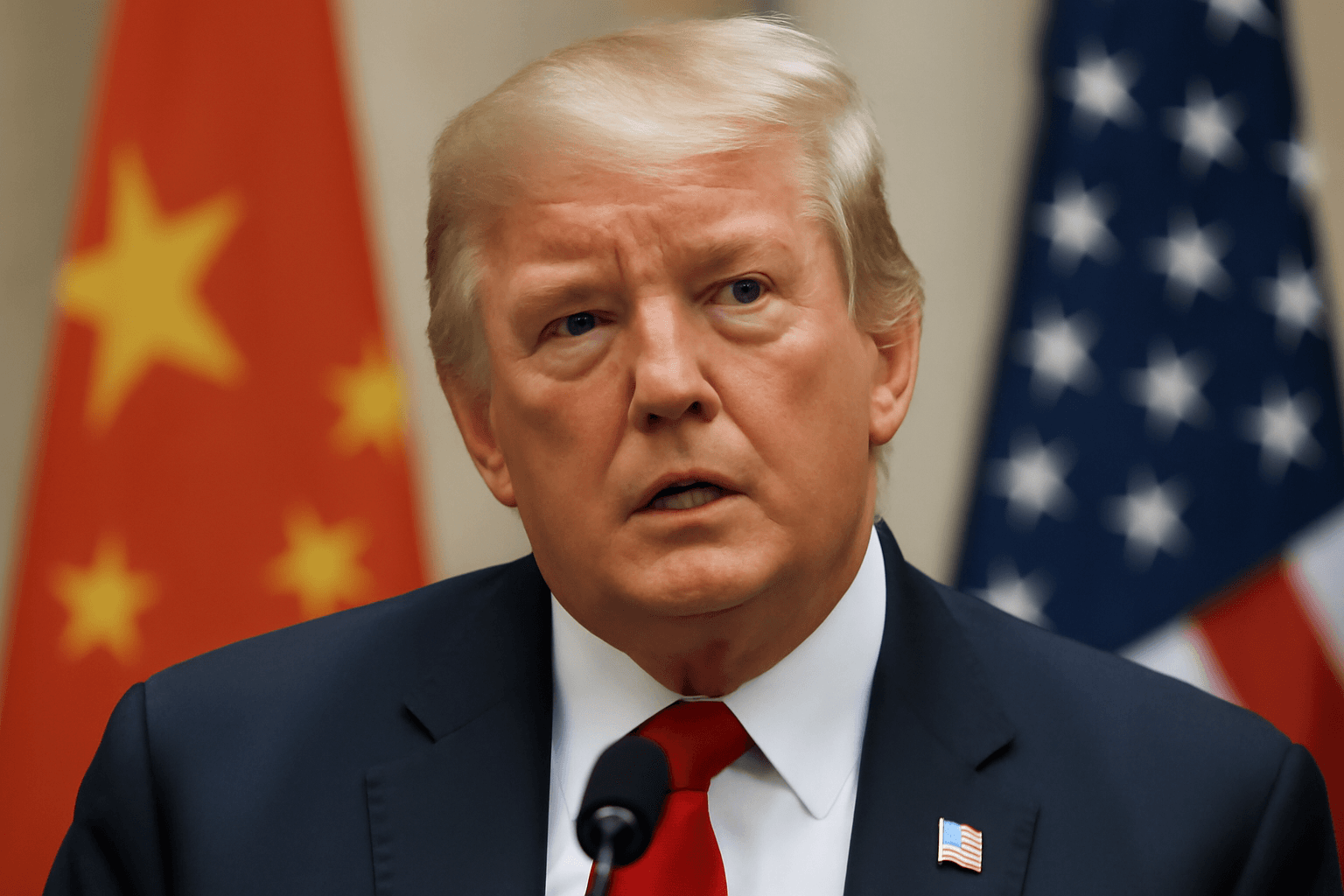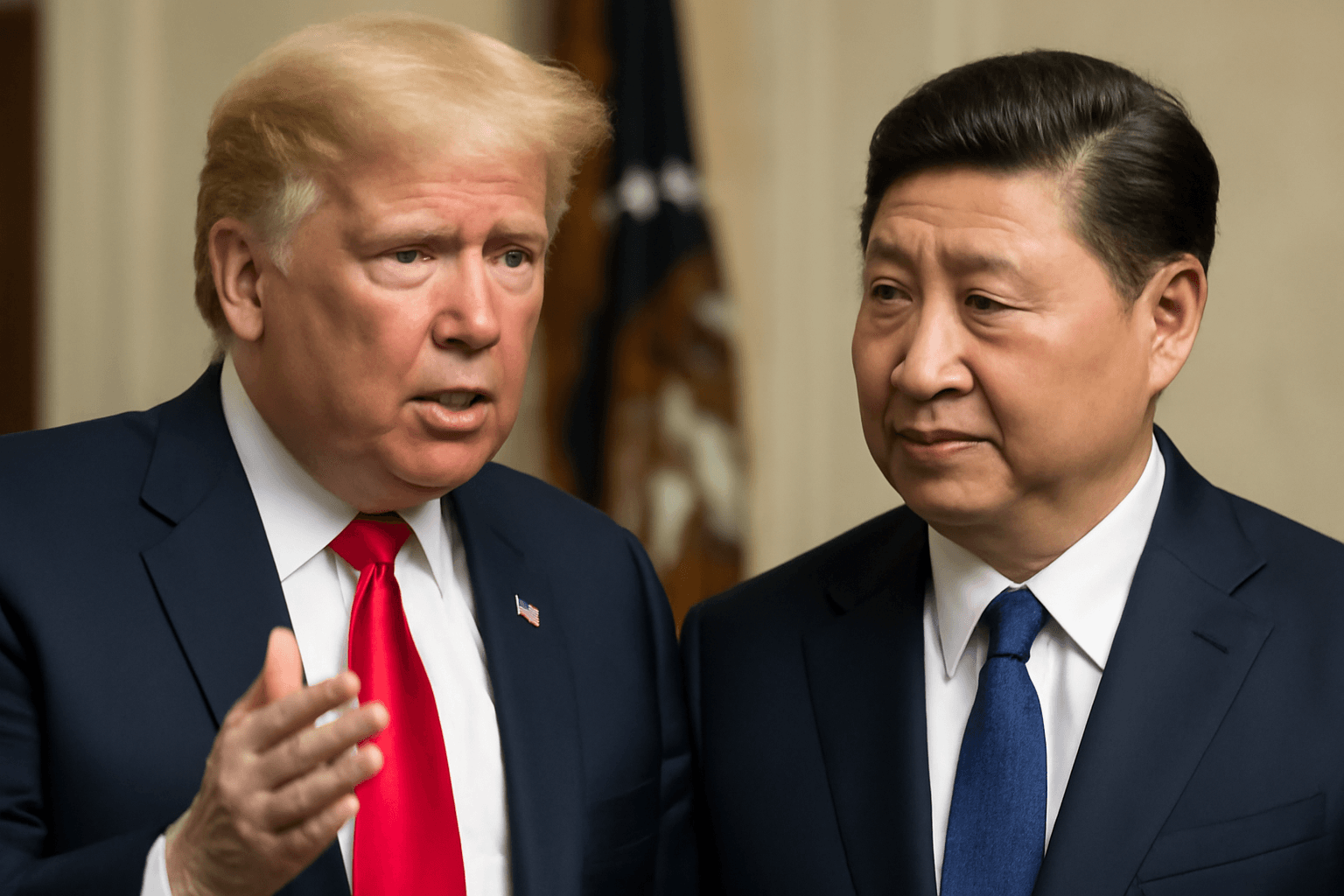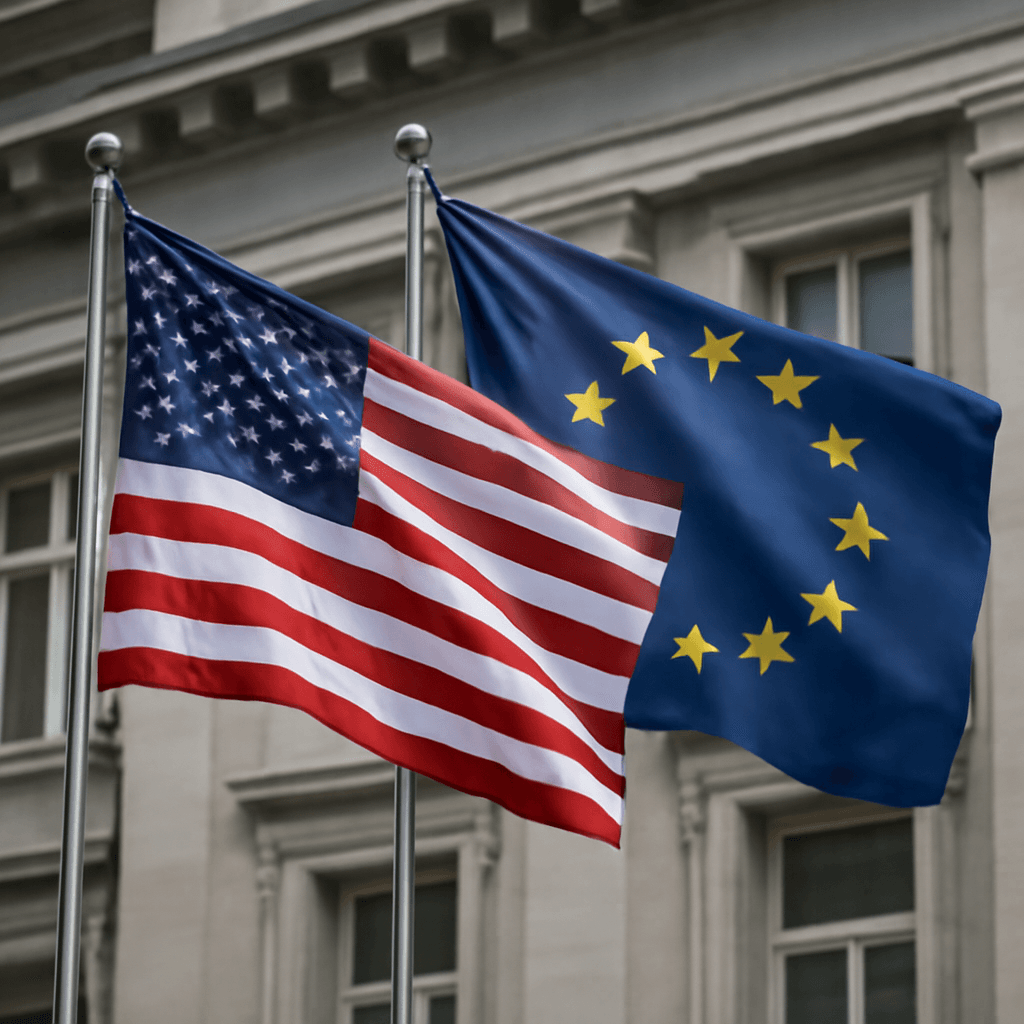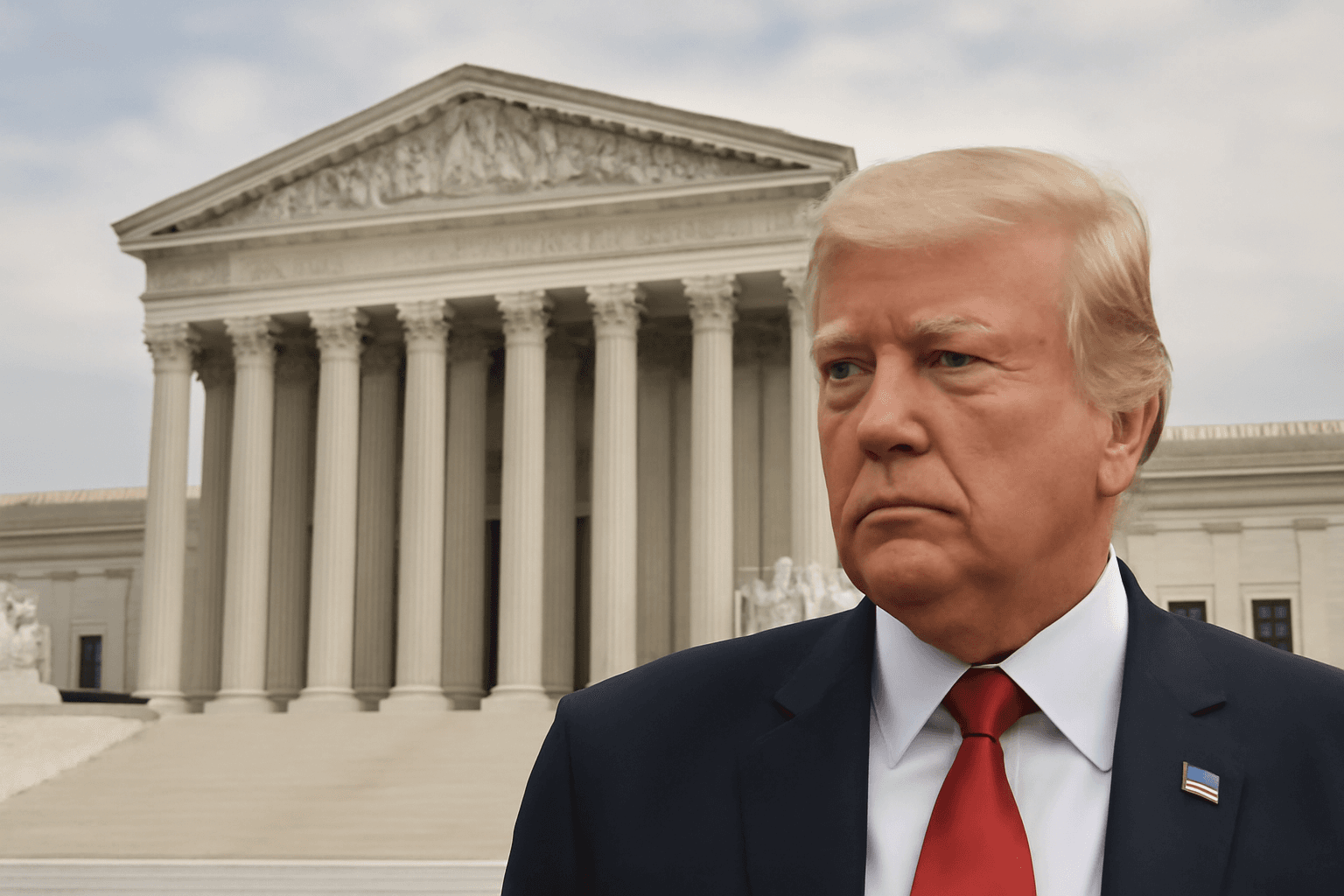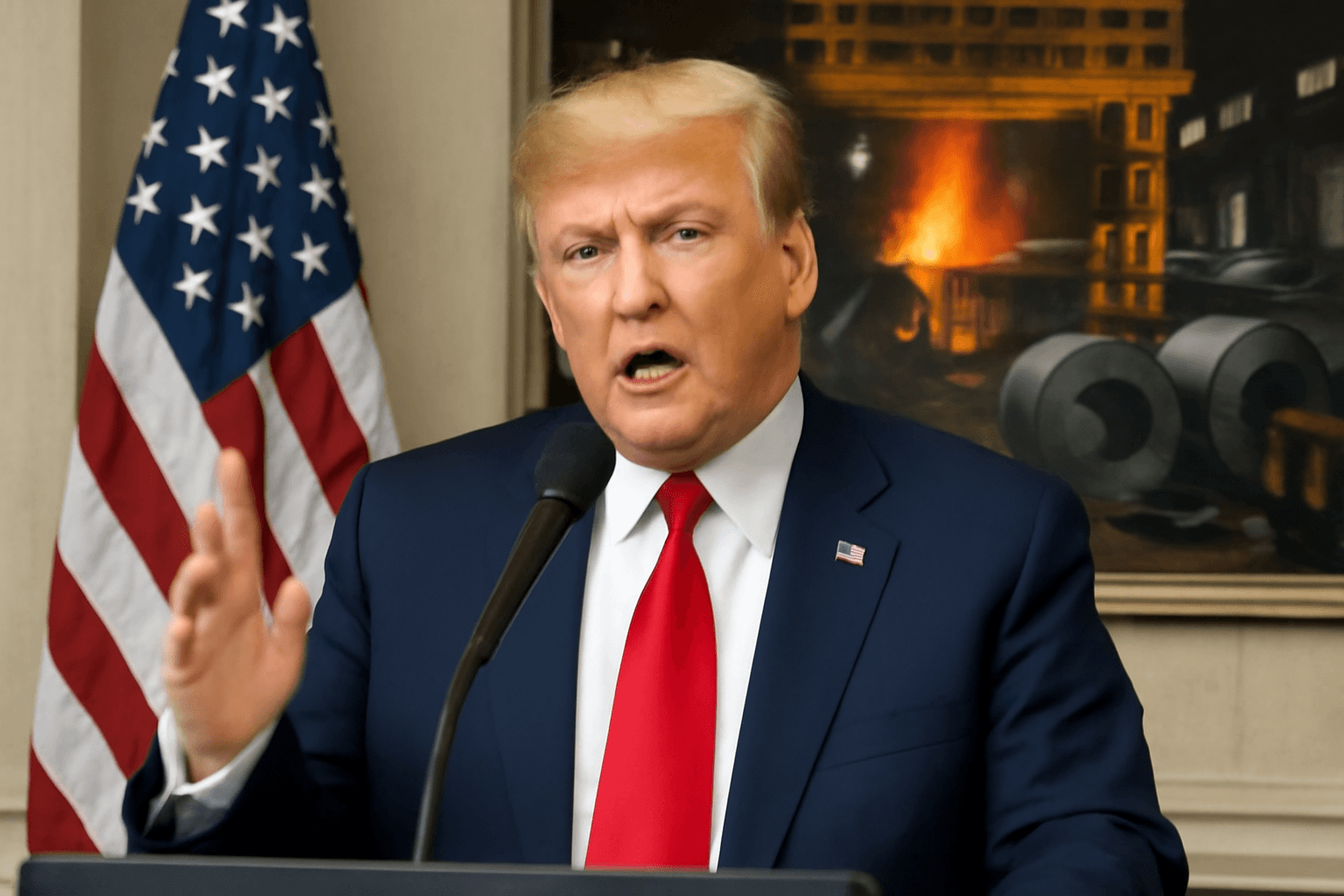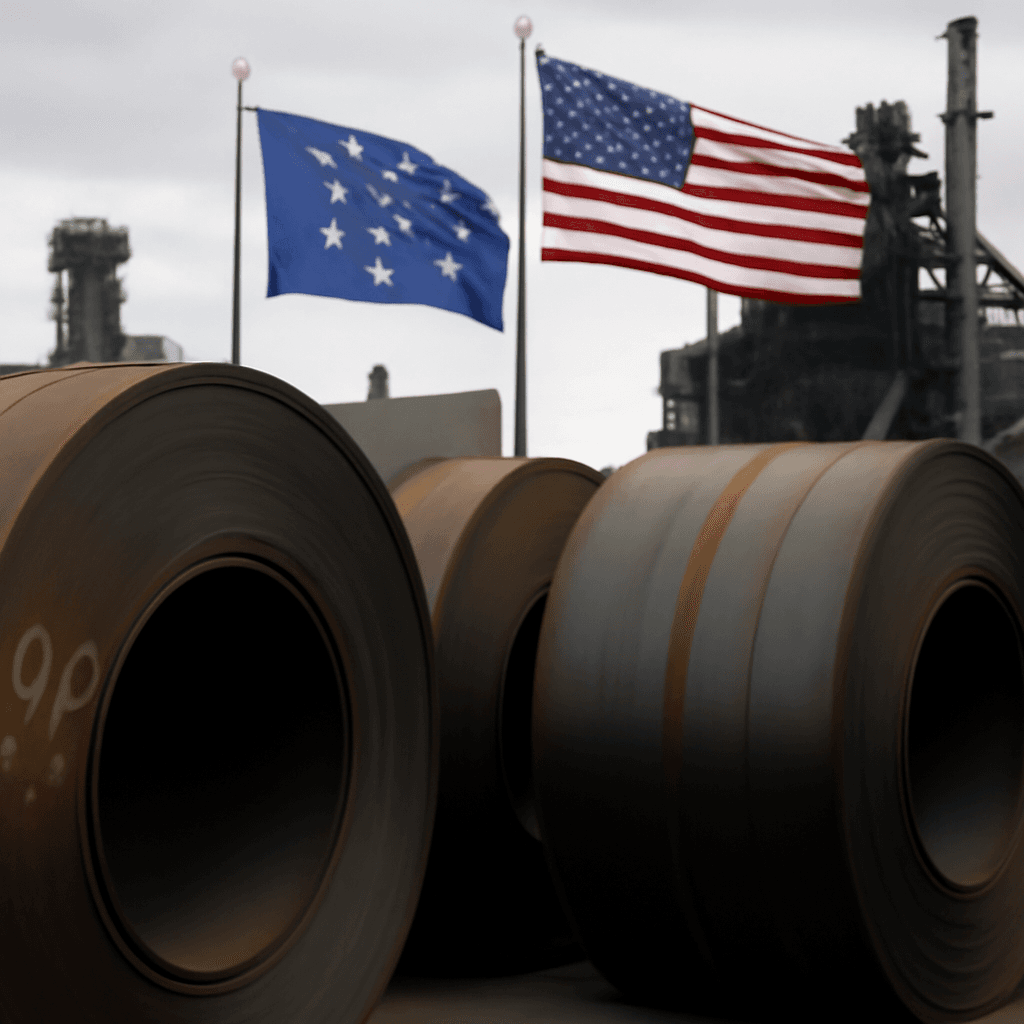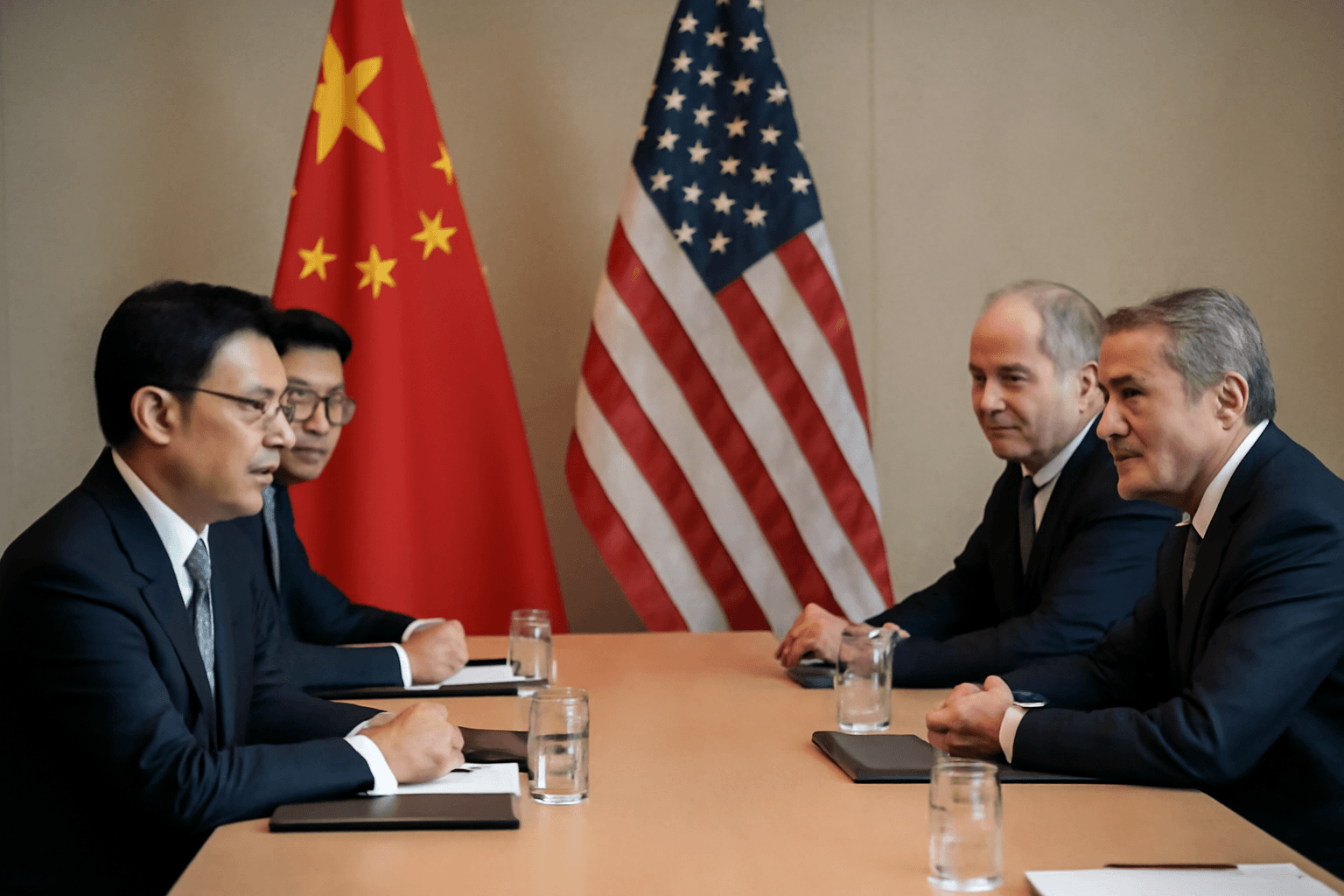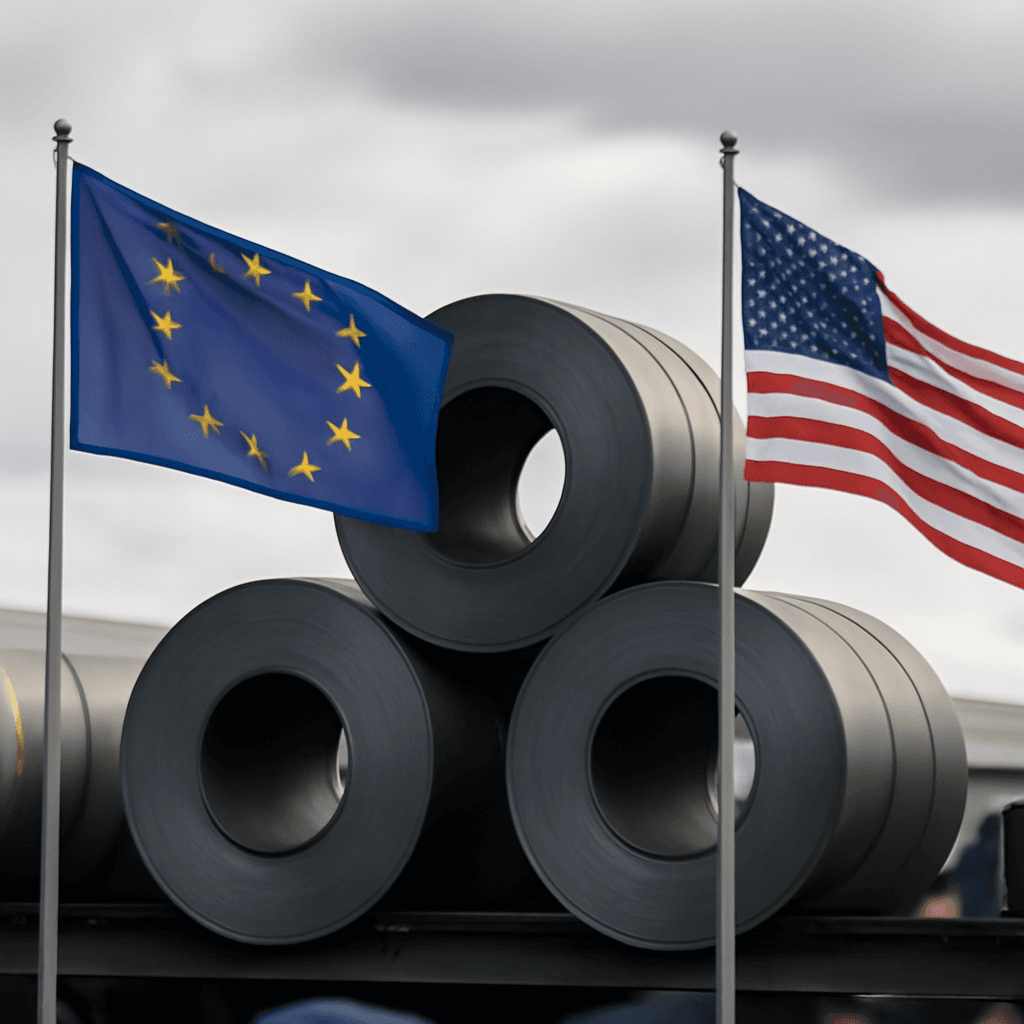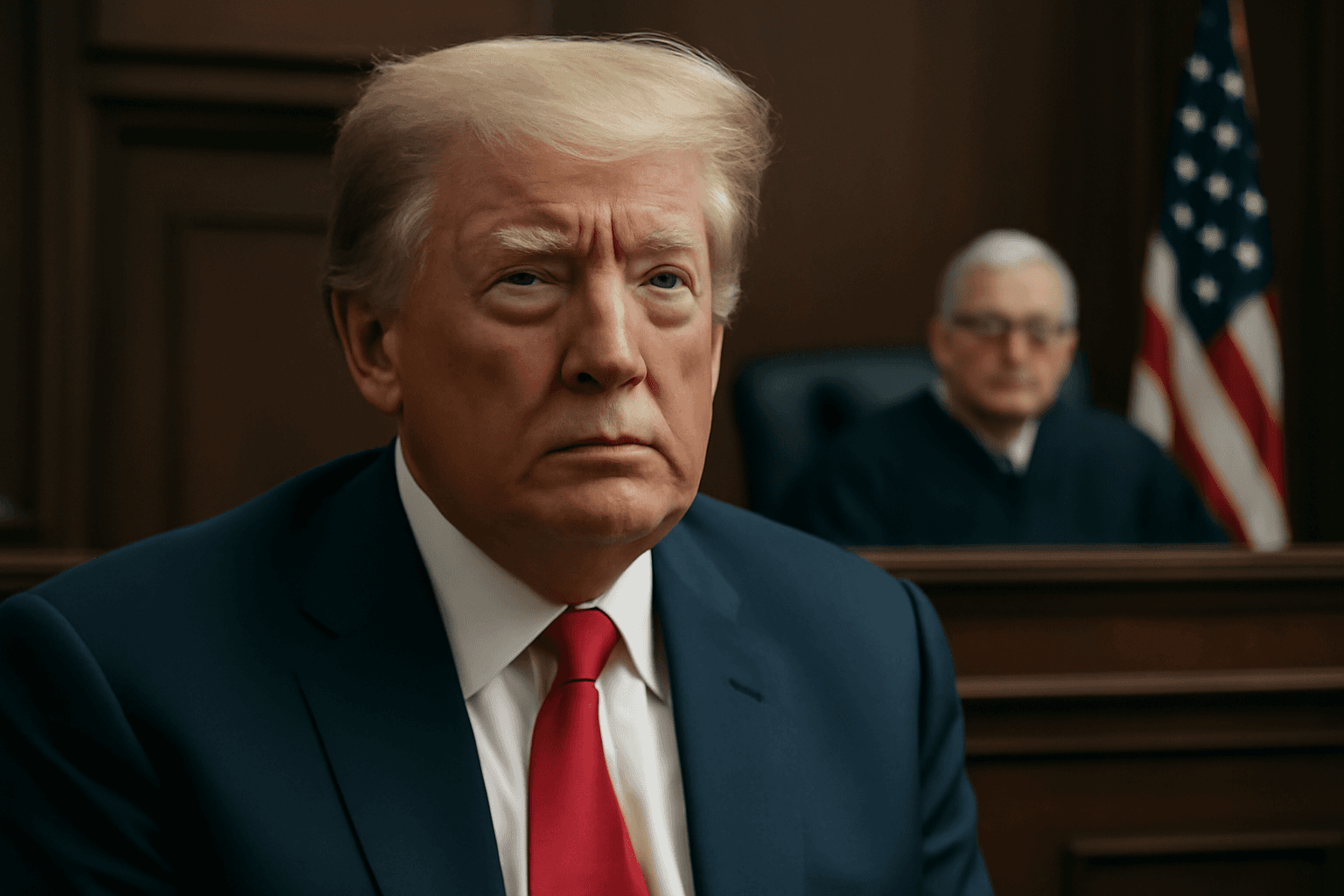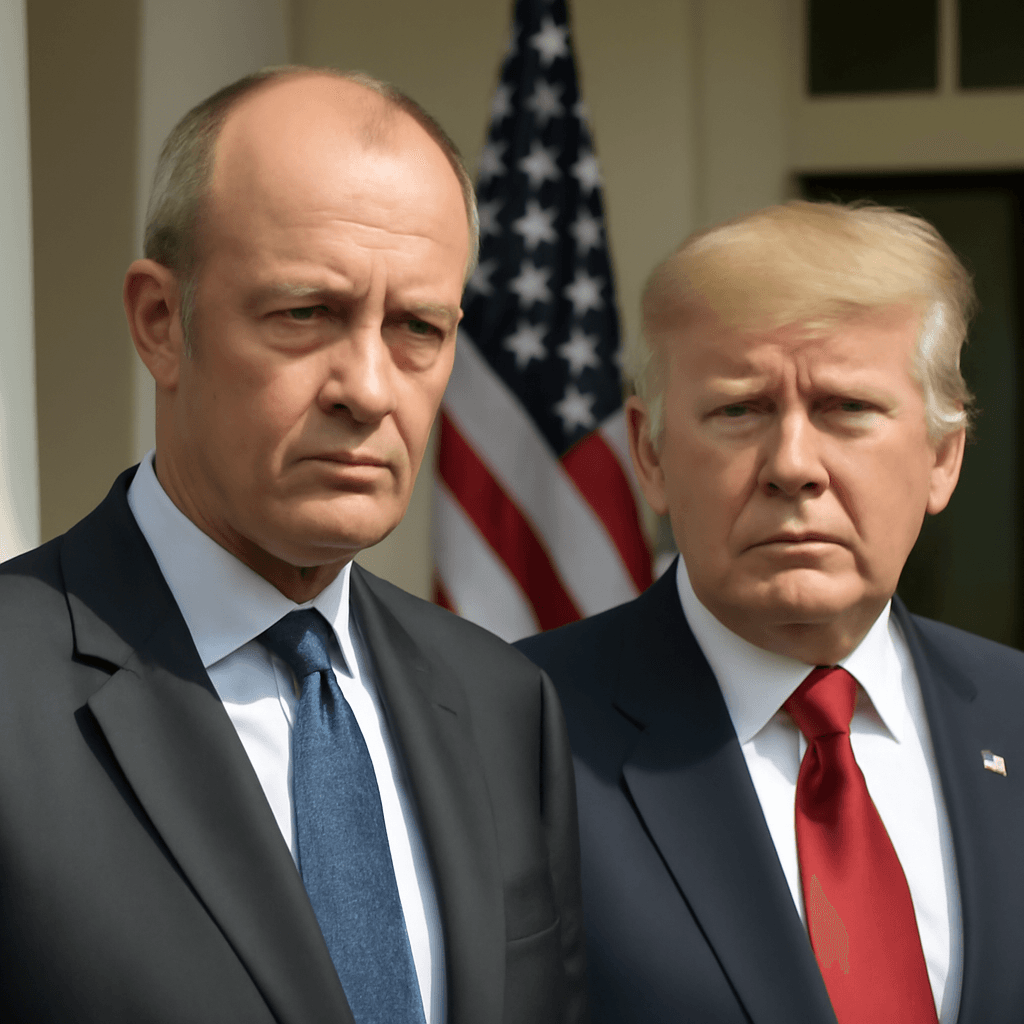EU Responds to US Tariff Increase on Steel Imports
The European Union has strongly condemned the recent decision by the United States to double tariffs on steel imports from 25% to 50%, describing the move as a source of increased uncertainty for the global economy. An EU spokesperson emphasized that this escalation threatens ongoing efforts to achieve a negotiated resolution in the escalating trade conflict.
"We deeply regret the announced increase of U.S. tariffs on steel imports," the spokesperson said, highlighting the adverse impact on consumers and businesses on both sides of the Atlantic.
EU Prepared to Implement Countermeasures
In response to the tariff hike, the EU has stated it is ready to impose countermeasures to protect its economic interests. The spokesperson noted that if negotiations fail to produce a mutually acceptable solution, existing and new EU measures will be activated automatically on July 14, or sooner if necessary.
Industry and Labor Groups Criticize Tariff Hike
The United Steelworkers union also voiced strong opposition to the United States’ tariff increase, particularly concerning its impact on Canadian industries and workers. Marty Warren, National Director for Canada at United Steelworkers, warned that thousands of jobs and entire communities dependent on steel and aluminum production are at risk.
He called for an immediate and decisive response from Canada to defend workers affected by these measures.
Background and Implications of Tariff Increase
The announcement to raise steel tariffs from 25% to 50% came from President Donald Trump during a rally at U.S. Steel in Pennsylvania. The new tariffs are set to take effect on June 4, escalating pressure on manufacturers reliant on industrial metals for production.
Though the president referenced an agreement between Nippon Steel and U.S. Steel intended to avoid layoffs and outsourcing, the deal has not been finalized.
This latest tariff increase follows earlier actions by the EU suspending countermeasures on April 14 to allow continued negotiations.
Legal Challenges and Trade Strategy Concerns
Complications have arisen for the U.S. trade policy following a decision by the U.S. Court of International Trade to halt the tariffs on the grounds that the president may have exceeded his authority. Although the court’s injunction was temporarily paused, the ruling has disrupted the broader U.S. strategy of using high tariffs as leverage for renegotiating trade agreements.
Looking Ahead
With tensions escalating between the United States and the European Union over steel tariffs, the coming weeks will be critical in determining whether diplomatic solutions can be reached or if retaliatory measures will be enforced, potentially further destabilizing international trade relations.


